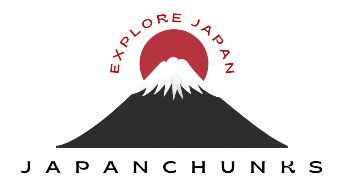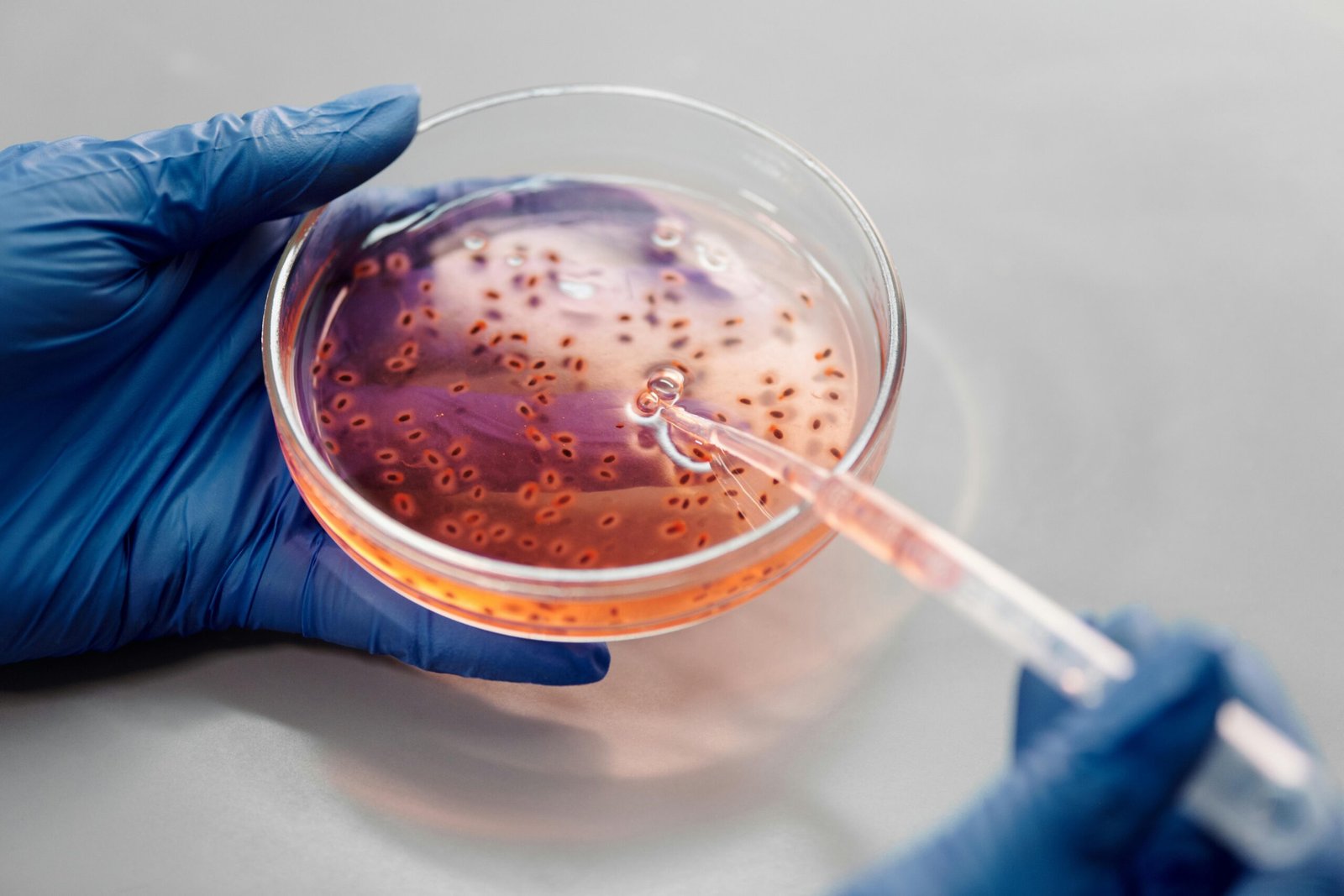Breakout Alert: Japan’s deadly “flesh-eating bacteria” (STSS) outbreak with 1000 cases and rising! 30% chance of death. Learn the symptoms, preventive measures, and treatment options to protect yourself from this severe illness.
There is a rare, flesh-eating bacteria in Japan even deadly bacterial disease reportedly killing people in Japan—streptococcal toxic shock syndrome, or STSS. This year received attention due to the very high cases of STSS in the country. As of the first half of 2024, there have been 1,019 STSS cases, making it surpass last year’s total number.
In March, a warning was issued by the National Institute of Infectious Diseases in Japan after 77 cases of the diseases that resulted in loss of life were discovered. At that time, more than half of the cases belong to people over 50 years old.
How does a person contract this disease?
It develops in cases where bacteria infect deep tissues and circulation. Among the common symptoms that the patients very often suffer from are fever, sore muscles, and vomiting. There is this very rare “flesh-eating bacteria” that might kill a person within 48 hours. It is now behind the rising number of illness cases in Japan. The reason is Group A Streptococcus—GAS—a bacterial strain most famously known as strep throat. These can make children’s throats swollen and painful. However, it can rapidly worsen symptoms if it invades the deep tissue and blood circulation of a patient.
Why is it called “flesh-eating”?
The majority of deaths occur within 48 hours of infection, says infectious disease expert Ken Kikuchi of Tokyo Women’s Medical University.
Things, however, can become much worse in less than 48 hours. The patients will be found suffering from hypotension, irregular heartbeats, and rapid breathing. Serious side effects from the infection are often witnessed with organ failure and shock. In the case of serious infections, antibiotics may be helpful.
Prevention and remedies
This isn’t something you can just shake off at home. According to the study, patients need hospital care, where therapies include intravenous fluids to help prevent shock and organ failure. Some patients also may need surgery to excise contaminated tissue in more serious cases.
Reportedly, the invasive GAS diseases, including STSS, have begun to rise after COVID-19 restrictions eased in the latter part of 2022, from the UK, France, Ireland, the Netherlands, and Sweden.


[…] before going to Japan, one should know about all the facts and trends of Japan so that they won’t hurt anyone’s sentiments or beliefs there and also to avoid any kind […]